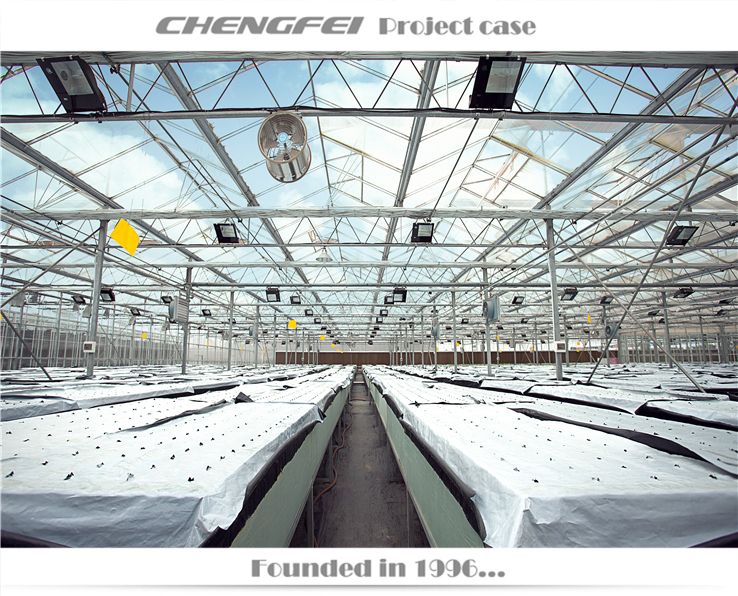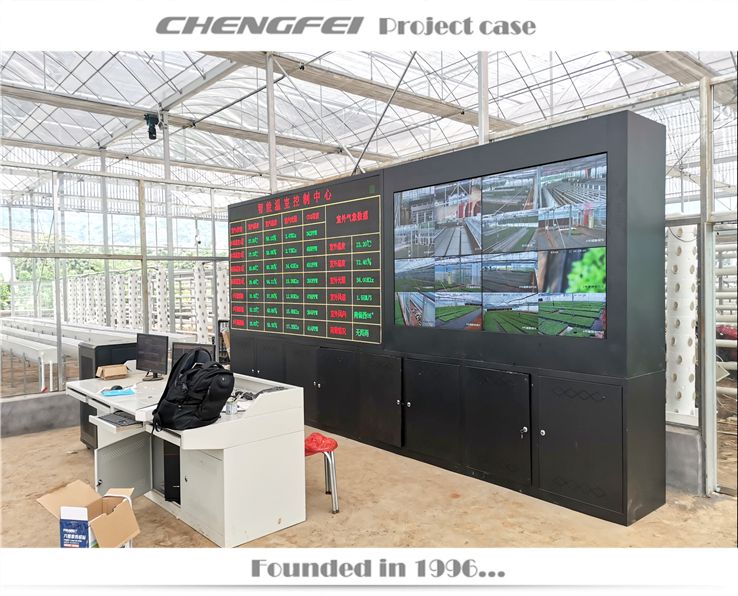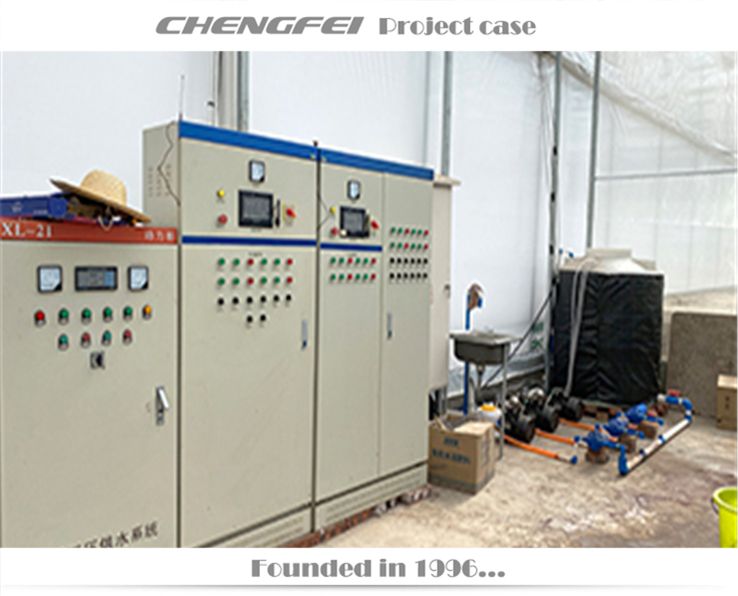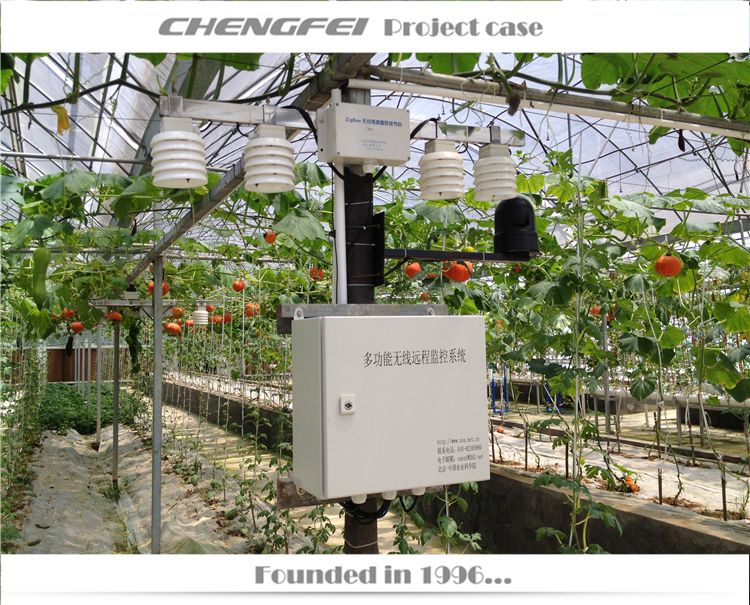Optimizing Commercial Crop Production: The Role of Automation in Greenhouses
In the competitive world of commercial crop production,success hinges on the ability to grow high-quality crops while minimizing costs.Achieving this goal can be challenging, but with the right tools and strategies in place,growers can create efficient and cost-effective growing spaces.One key solution is automation,which allows commercial growers to streamline their operations and gain precise control over growing conditions.


The foundation of automation in greenhouse farming begins with an environmental controller.These controllers serve as the central hub for managing various systems,from temperature and humidity control to lighting,CO2 enrichment,irrigation,and more.Some advanced models can monitor up to nine different automated systems simultaneously,offering growers the opportunity to regulate their entire production space through a single interface.
Taking automation a step further,smart controllers can continuously monitor the greenhouse environment and make real-time adjustments in response to changing conditions.This level of automation allows growers to create a smart greenhouse that maximizes profits and minimizes labor and energy costs.
What Is a Smart Greenhouse?
A smart greenhouse utilizes a smart controller and sensors to automatically maintain optimal growing conditions.Growers can monitor and control their automated greenhouse remotely through portable control panels or smartphone applications,ensuring that everything is functioning as intended. Furthermore,smart technology allows growers to collect and analyze data,enabling them to make continuous improvements to their growing strategies.Enhancing Crop Growth and Reducing Costs Through Precision Control
Automation in greenhouses offers several benefits,particularly in three critical areas:irrigation,lighting,and temperature control.
1. Irrigation Management
Automating the irrigation system ensures that crops receive water on an optimal schedule, promoting uniform development and faster growth.This not only reduces the need for daily maintenance but also prevents excess water usage,reducing waste and monthly watering costs.Precise irrigation schedules also help prevent common issues like root rot and maintain ideal soil moisture levels.


2. Efficient Lighting
In an automated greenhouse,growers can use timers to coordinate lighting with changing factors such as the type of crop,season,and available sunlight.This not only promotes superior growth but also minimizes energy consumption.By optimizing light fixtures to run only when necessary,growers can lower electricity costs and produce high-quality yields.
For those relying on light deprivation techniques,automation can save time and effort by allowing systems to open and close automatically,creating blackout conditions as needed.
3. Temperature Control
Different crops thrive in various climates,and automation enables growers to adjust the greenhouse environment effortlessly.Whether it's heating in winter or cooling in hot climates,automation is the key.For example,in winter,heating systems can be programmed to turn off once a specific temperature is reached,conserving fuel and improving cost-effectiveness.In warmer conditions, automated shade systems can shield crops from excessive heat,reducing the need for constant cooling and supporting healthy growth.
Automating greenhouse systems empowers growers to create an ideal environment for their crops,regardless of location or crop type.Environmental controllers play a crucial role in ensuring that the greenhouse is monitored and controlled consistently,leading to consistent harvests and reduced operational costs.
In conclusion,automation is a game-changer for commercial growers looking to achieve high-quality crops at lower costs while outperforming competitors.By integrating automation and smart technology into their greenhouse operations,growers can create a more efficient and profitable future for commercial crop production.
Email: joy@cfgreenhouse.com
Phone: +86 15308222514
Post time: Oct-31-2023





